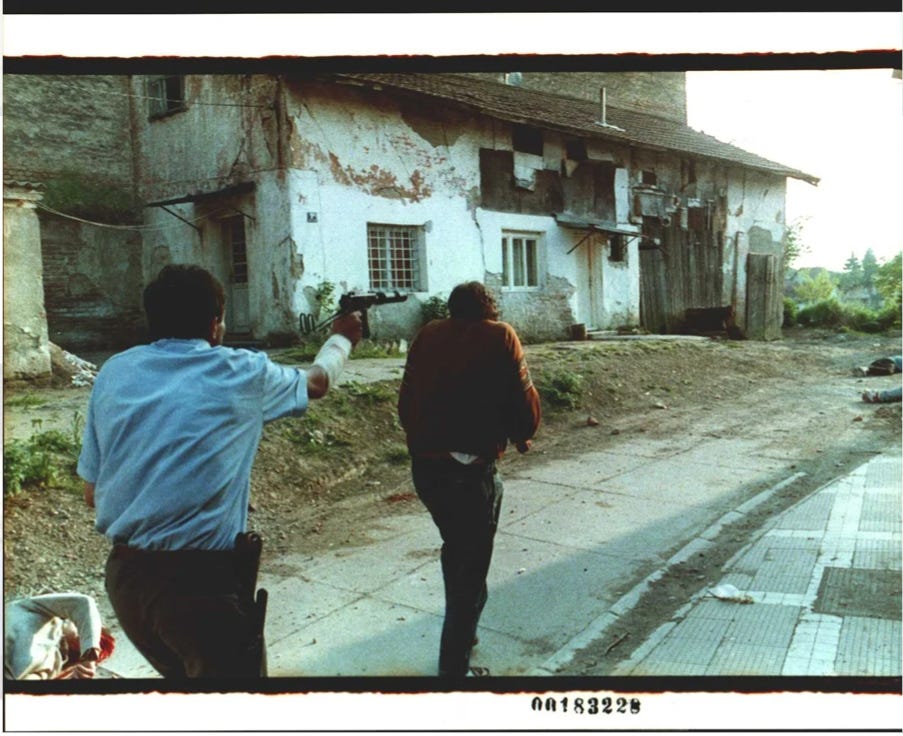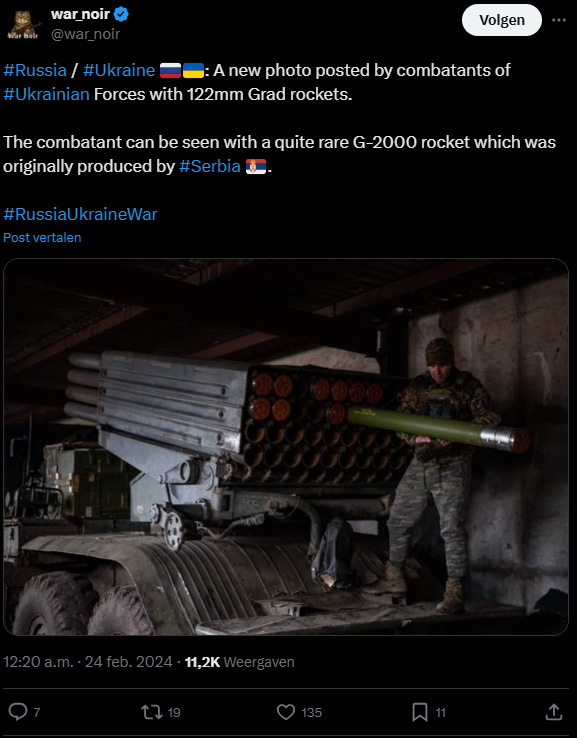Hi all,
When I lived in Liberia — some years ago — I worked for an organisation teaching journalism skills and ethics to journalists. It was the height of the Ebola epidemic, with tens of thousands dead. International media started descending. At the time, the major story was how pregnant women were dying because doctors arrived too late, or were too afraid to treat women due to the risk of infection in already underfunded hospitals.
A few days before my colleague and I gave a workshop on ethics, a group of photojournalists stormed the maternity wing of a hospital where a gravely ill woman was giving birth. Without any form of consent. I remember asking (perflexed): “How would you have felt if she was your wife? Or if was you?” That experience stayed with me — it showed how easily the line between witnessing and exploiting can be crossed.
It’s not unique to Liberia or Ebola – but sadly happens all the time in conflict affected areas or emergencies like Ebola. Also in the war in Bosnia and Herzegovina. With devastating consequences. Thousands of photographs were left behind, but few as haunting as one taken in Brčko in 1992 : two men, one with a gun. The next frame – one man, in his own blood. The man with the gun Goran Jelisić, a Bosnian Serb paramilitary, executing two Bosniak civilians. The photographs were captured by Bojan Stojanović and Srđan Petrović for Reuters. One of the photo’s earned a World Press Photo award.
But, as a powerful reporting by Barbara Matejčić for BIRN shows, there is something seriously dark going on behind this photos from Brčko. The killing was, reporting shows, performed for the camera as part of a calculated act of propaganda. The photographers – who later sought political refuge in the Netherlands – not accidental witnesses. The killing - put in scene. The prestige of the World Press Prize lent the photograph legitimacy, and the jury failed to scrutinize how the images were made and used a caption furthering propaganda (later appearing to be incorrect but only changed after Matejčić emailed World Press Photo). It is this part that hit me hardest:
“The murdered man in the brown leather jacket was not named at the trial in The Hague. He was recorded as an unidentified victim. His name is Husein Krso.
[...]
Hussein was married. One of his sons was nine years old. A month after his death, the second son turned six years old. Seven months after his death, his wife Jana gave birth to their third son. His brother brought him a brown leather jacket from Switzerland, his middle son Mustafa Kršo told me. We met in Brčko. He told me that his mom couldn't talk about it, so he came.
His wife and sons saw Hussein for the last time a few days before he was killed, when the whole family wanted to leave the city in early May 1992. The Yugoslav People's Army separated men from women and children. They did not let the men go. Mustafa remembers the farewell next to the military garrison. Everyone was crying, and dad gave mom some money and said, "Don't worry."
[...]
"The first information about my father's fate was through Bojan Stojanović's photo," says Mustafa.
Dad's murder was shown on television.”
Please all take the time to read Matejčić’s brillant work. It says it all.
Ingrid
What else you need to know
Russia has criticised Serbia for allowing arms and ammunition to reach Ukraine — an act Moscow condemned as a “shot in the back.” Russian intelligence agency SVR claims Serbian-made ammunition is reaching Kyiv via NATO countries like the Czech Republic, Poland, and Bulgaria, as well as some African routes. In response, Serbian President Aleksandar Vučić said he discussed the issue with Vladimir Putin and that the two agreed to form a working group to investigate how the weapons are reaching the front.
We already know how Serbian-made weapons are ending up on the frontlines in Ukraine. For a long time, Vučić publicly denied that arms produced in Serbia were being used to kill “Slavic brothers.” Eventually, he conceded they might reach the front “by magic.” But there’s nothing magical about it. Behind the transfer lies a murky web of private arms contractors linked to the Pentagon, a shadowy Serbian exporter close to the Belgrade regime, and a former Russian KGB agent with ties to the Kremlin. Want to know who’s cashing in? Read Ingrid’s investigation in De Groene Amsterdammer.
Wanna know more about Marc Morales, the Pentagon’s private arms contractor? Read OCCRP. Slobodan Tesic, Vučić’s favorite dealer, is also still at it, reveals Balkan Insight. And, recently, Serbian newspaper Vreme reported an explotion in the Serbian state run Krušik factory in Valjevo, where ammunition is made that has been exported via this web of intermediaries. In Kiev, it is rumoured that Russia may be behind this.
Montenegro has offered a €1 million reward for a killed journalist. The ministry of interior has offered this for information leading to the resolution of the 2004 murder of journalist Duško Jovanović. The case has remained unsolved for over two decades.
In other news
Who is “Helen Bratt”? An Albanian AI-ghost. Just when you thought the election in Albania couldn’t get weirder – comes the bizarre saga of Helen Bratt — a political analyst who doesn’t exist. A fiery post-election op-ed she wrote caused a stir online, sparking heated debate and shares across social media. There was just one problem: Helen is fake. Not just the name — the entire persona, article and all, appear to have been generated by artificial intelligence (AI). Was it a prank? A propaganda test run? A cynical experiment in media manipulation? No one seems to know for sure. By BIRN.
Fraudulent Facebook prize games in Bosnia. A recent investigation by our mates Alena Besirevic and Amar Karađuz at Raskrinkavanje uncovers a surge in fraudulent Facebook prize games in Bosnia and Herzegovina. These scams, mimicking reputable brands like Bingo, entice users with fake giveaways. By entering their phone numbers to claim non-existing prizes, users inadvertently subscribe to premium services, incurring weekly charges of around 3 KM, often without receiving content. The scheme involves intermediaries like NTH Mobile in Bihać, facilitating billing through telecom providers.
Dodik rejects constitutional court rulings. “They guard the constitution like a cabbage goat.” Dodik, President of Republika Srpska, has rejected recent rulings by Bosnia and Herzegovina’s Constitutional Court, accusing it of acting unconstitutionally. His remarks came after the court annulled some controversial laws and decisions passed by the RS National Assembly. The court ruled that these acts violated key constitutional provisions by attempting to strip the state of its legal authority and competencies.
Tip
Three decades after genocide in Srebrenica of July 1995, scars of the Bosnian war remain deeply visible both in Bosnia and Herzegovina and in it’s diaspora—perhaps nowhere more so than in the Netherlands. Last week there was a conference organized for the anniversary of 30 years after Srebrenica, organised by the Netherlands Institute for War Documentation (NIOD) and you can rewatch the livestream here.
Meme of the week
Hi, from us
We’re Ingrid & Marjolein, two freelance journalists covering the Balkans. One Saturday night — after a few glasses of rakija — this newsletter was born. In each edition, we share stories that catch our eye, the ones worth reading, along with our observations from reporting in the region. So grab a coffee (or a rakija) and join us.









